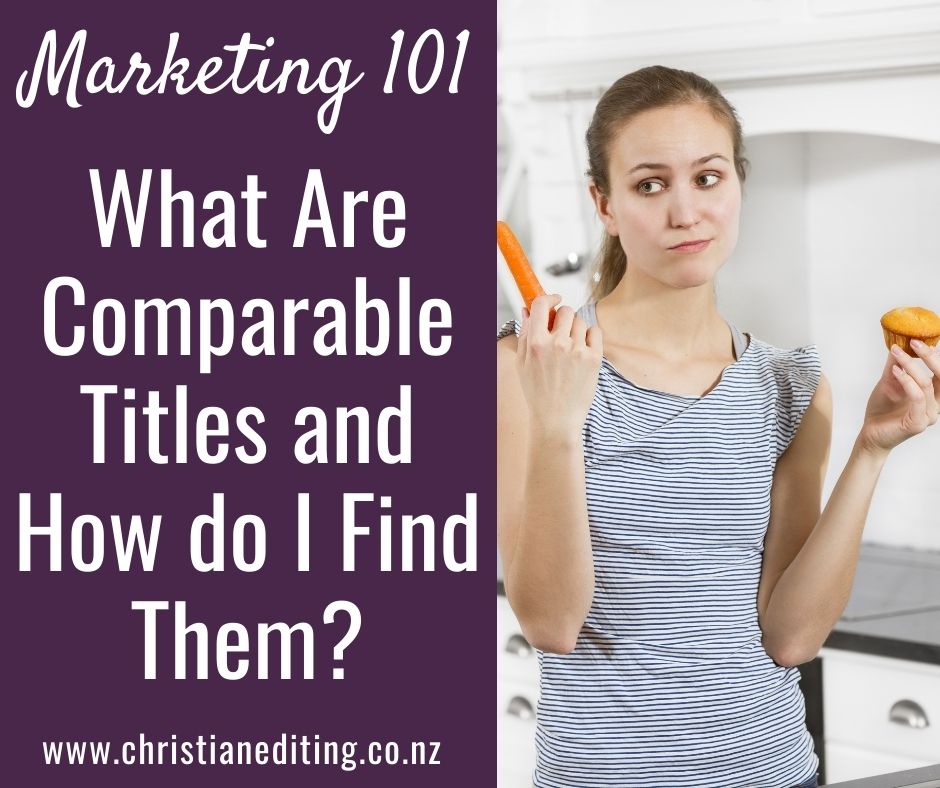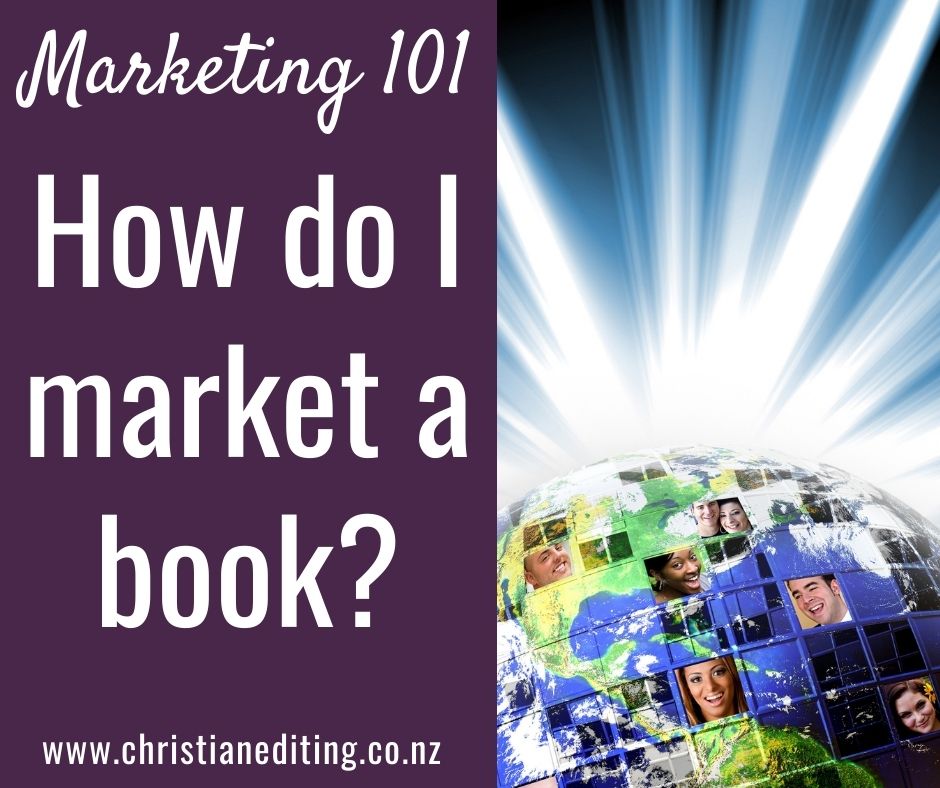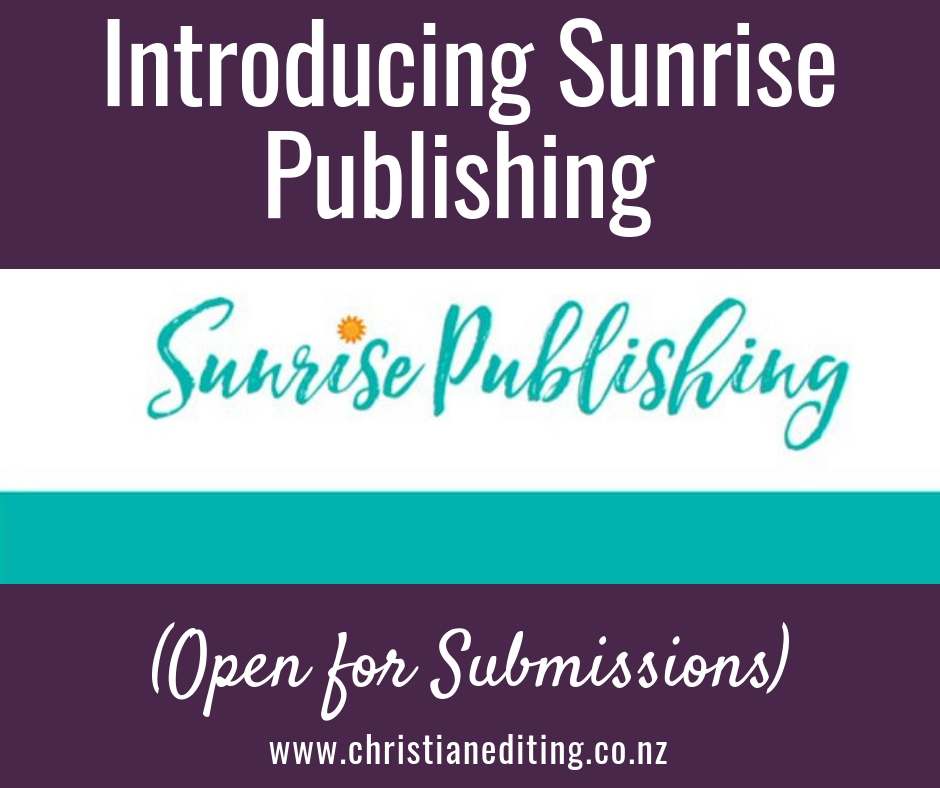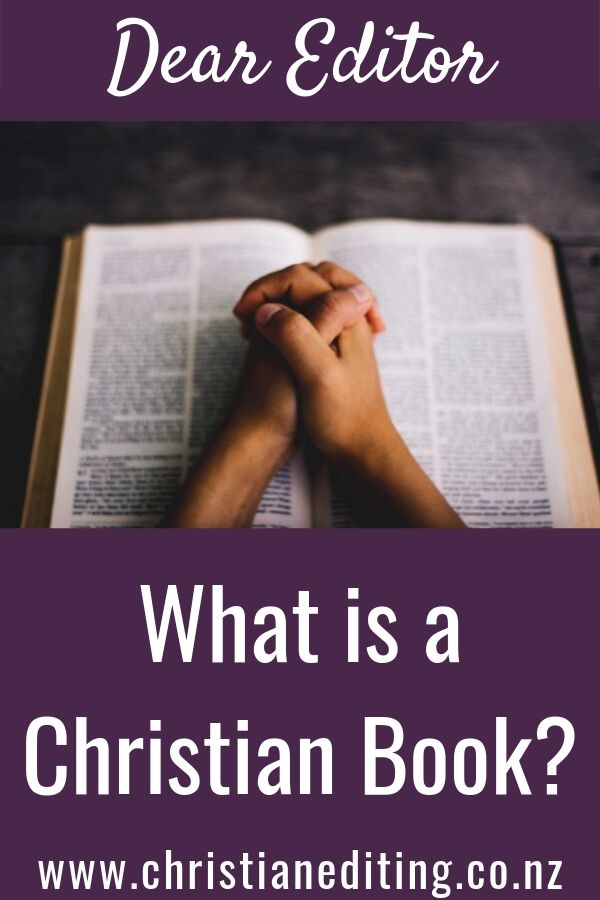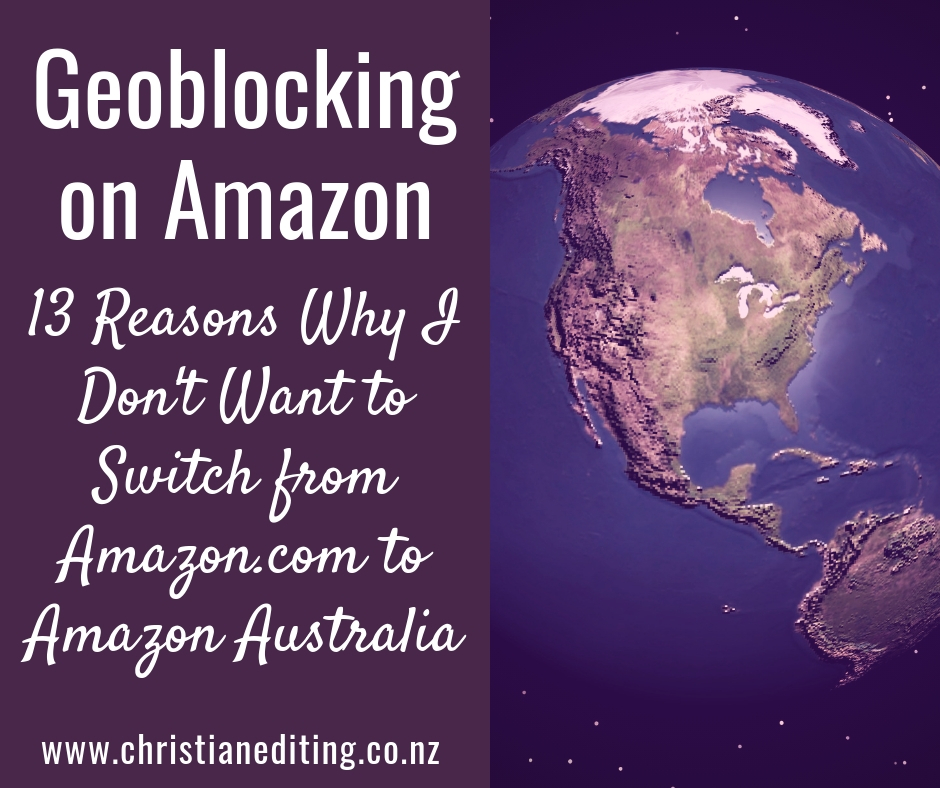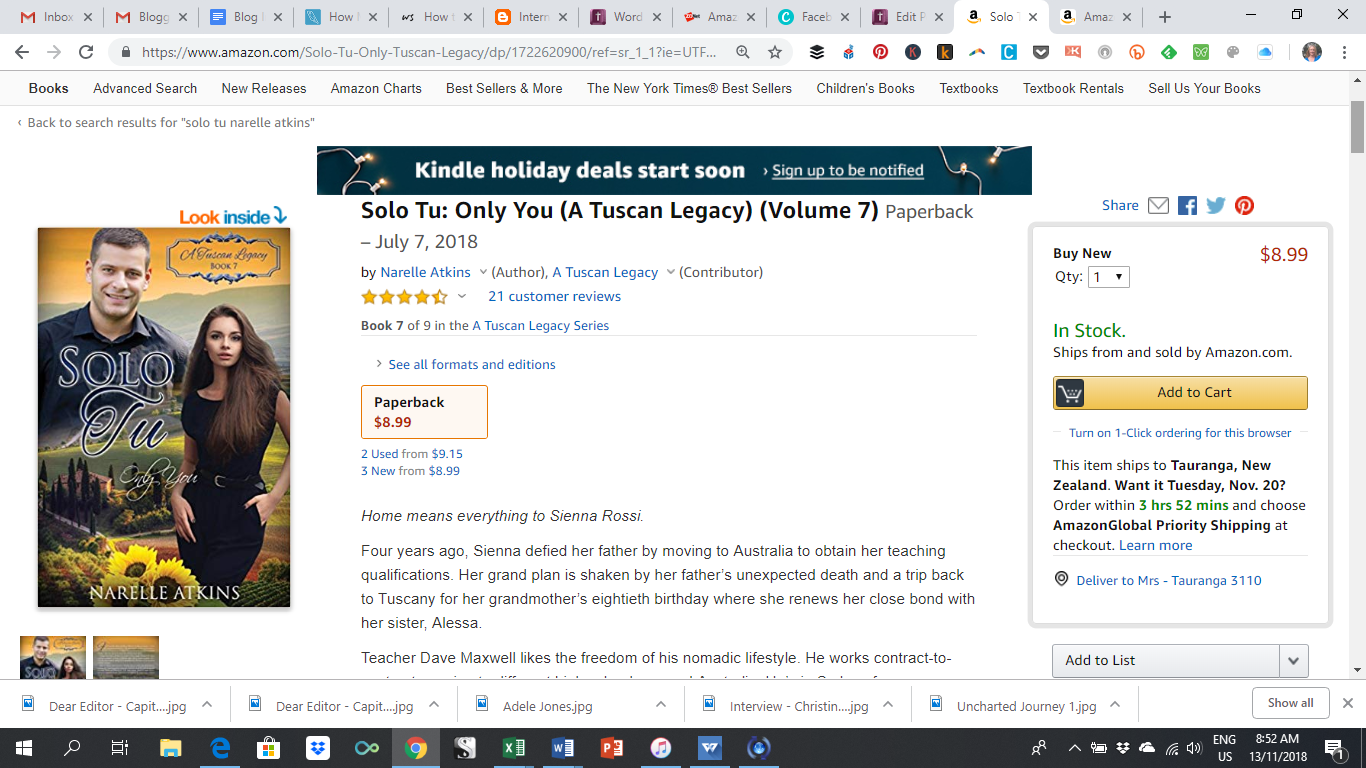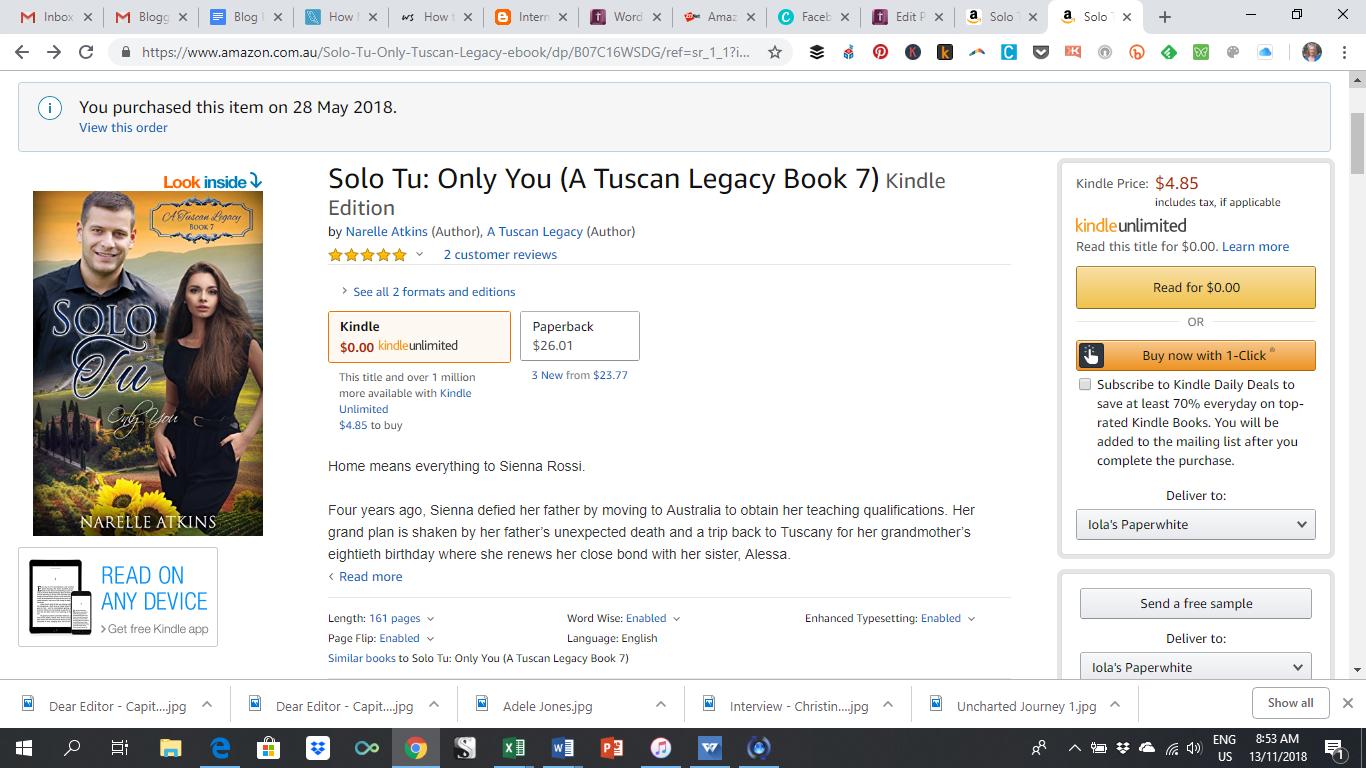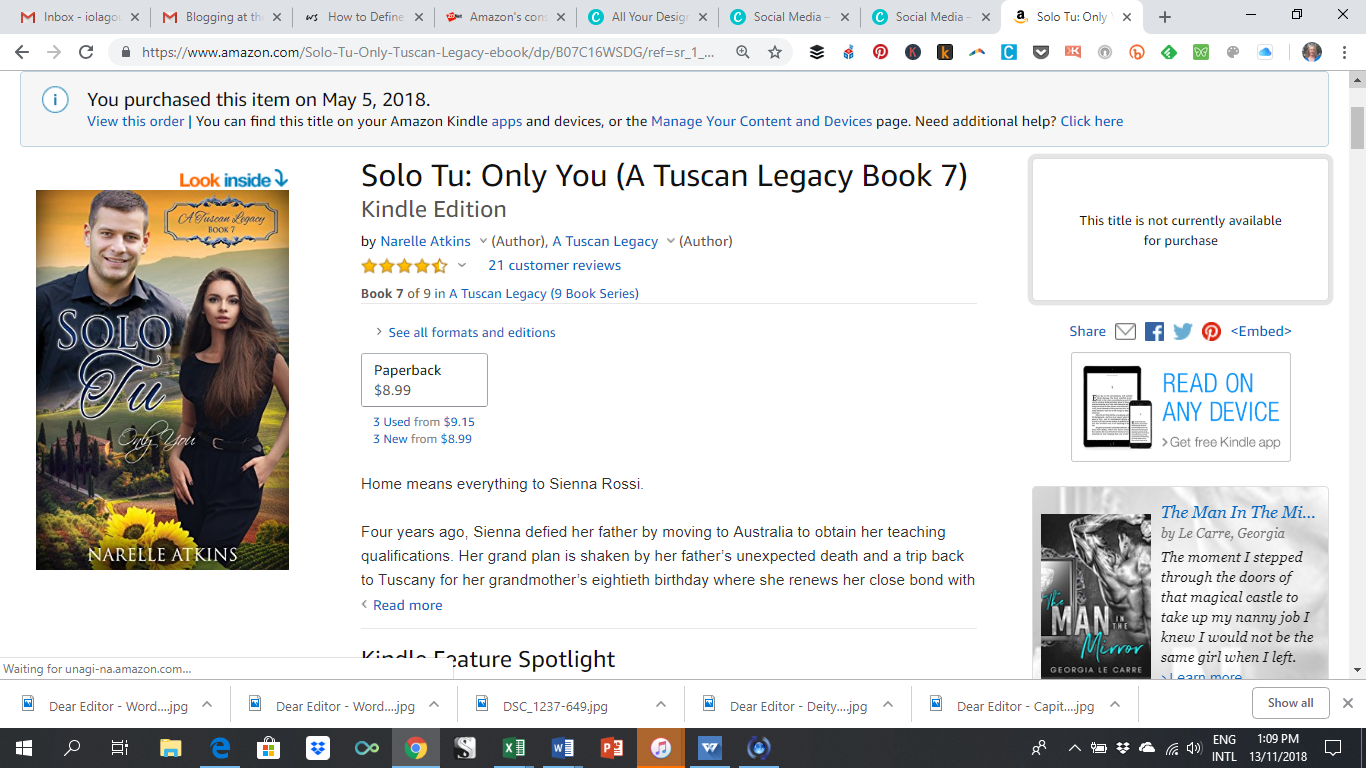If you are considering submitting a proposal to a publisher or a literary agent, you will find they don’t only want a sample of your writing to help them decide whether they are interested in you and your manuscript. Usually, they also want you to suggest between three and five comparable titles.
What Are Comparable Titles?
Comparable titles are books that are similar to yours. They may be in the same genre, have similar plots, use similar tropes, be written in a similar style, and/or have a common thread such as the setting.
Comparable titles should be new books, released in the last five years and ideally in the last two years. (No, you can’t use Jane Austen and Charles Dickens as comparable authors). They should be books which have seen success in their niche (you don’t want to compare your manuscript to the publishing equivalent of a movie that scores 9% on Rotten Tomatoes).
Avoid books that have topped bestseller lists and/or been made into movies. These books have typically seen success outside their core genre, so aren’t truly comparable.
Choosing megahits could also be interpreted as suggesting you haven’t done your homework (to find more suitable comparable titles), or that you have delusions of grandeur (“you have to publish this book because my mum said it would make a great movie” is not going to win you a publishing contract.)
Most agents and publishers want you to name between three and five comparable titles, each from a different author.
Top tip: Once you have identified possible comparable titles, note the authors. Read their new releases and add them to your comparable book list to keep it current.
That’s all well and good if you plan to seek a literary agent and pursue a traditional publishing contract.
But what if you plan to self-publish?
I would still advise making a list of comparable titles and authors. It will help you with a range of writing and marketing decisions. Knowing your comparable titles and authors will:
- Inform your genre and the tropes you use.
- Provide a guide to writing style and point of view (if all your comparison titles are written in first person and present tense, then you might need to reconsider your use of past tense omniscient point of view).
- Enable you to find book reviewers who review in your genre.
- Give examples of cover design trends in your genre, which can inform your cover design.
- Help you find joint promotional activities to help expose your book to new readers and build your email list.
Finding comparable titles and authors will also help you identify your target reader, because readers who enjoy books by your comparable authors should also enjoy your book.
So How do you Find Comparable Authors?
Bestseller Lists
Start by checking the Amazon top 100 list for books in your genre.
I suggest starting with the Amazon lists because everyone has access to them, and because they are purely based on sales i.e. what buyers are buying. Lists in major publications have several limitations:
- Lists don’t count Amazon sales (because they get their sales figures from BookScan, and Amazon don’t release their sales figures).
- Lists may exclude self-published books.
- Lists may be curated (i.e. whoever compiles the list chooses which books to include and exclude).
New Release lists from Relevant Writing Organisations
American Christian Fiction Writers publishes a monthly post compiling the new releases from ACFW members. It’s not all the new releases in Christian fiction, because not every Christian fiction writer is a member of ACFW, but it’s a start.
Upcoming Releases Posts on Book Blogs
Publishers typically work twelve months in advance, so they already know what books they’re planning to release in the first quarter of 2022. They have typically produced the cover and book description several months in advance. The books are then made available to industry professionals (including book bloggers) via services such as NetGalley.
Many book bloggers will post about they books on their to-review pile. Some (e.g. Rel at Relz Reviews) work with publishers to reveal the covers for their upcoming season.
Book Blogs
Many book bloggers review books in advance of publication. Others feature lists of books they’re looking forward to (often books they’ve already downloaded from NetGalley).
Following blogs in your genre can give you insight into what books publishers are publishing, so you can track new releases in your genre and find books to add to your list of comparable titles. You can also track debut authors, and add them if appropriate.
But how do you know which titles are most like yours?
Simple. Read.
Read new releases from comparable authors, and read new releases from debut authors in your genre. You don’t have to read every book – it may be enough to read the Kindle sample to determine whether the book is a comparable title or not.
I know. It’s a tough job, but someone has to do it.

